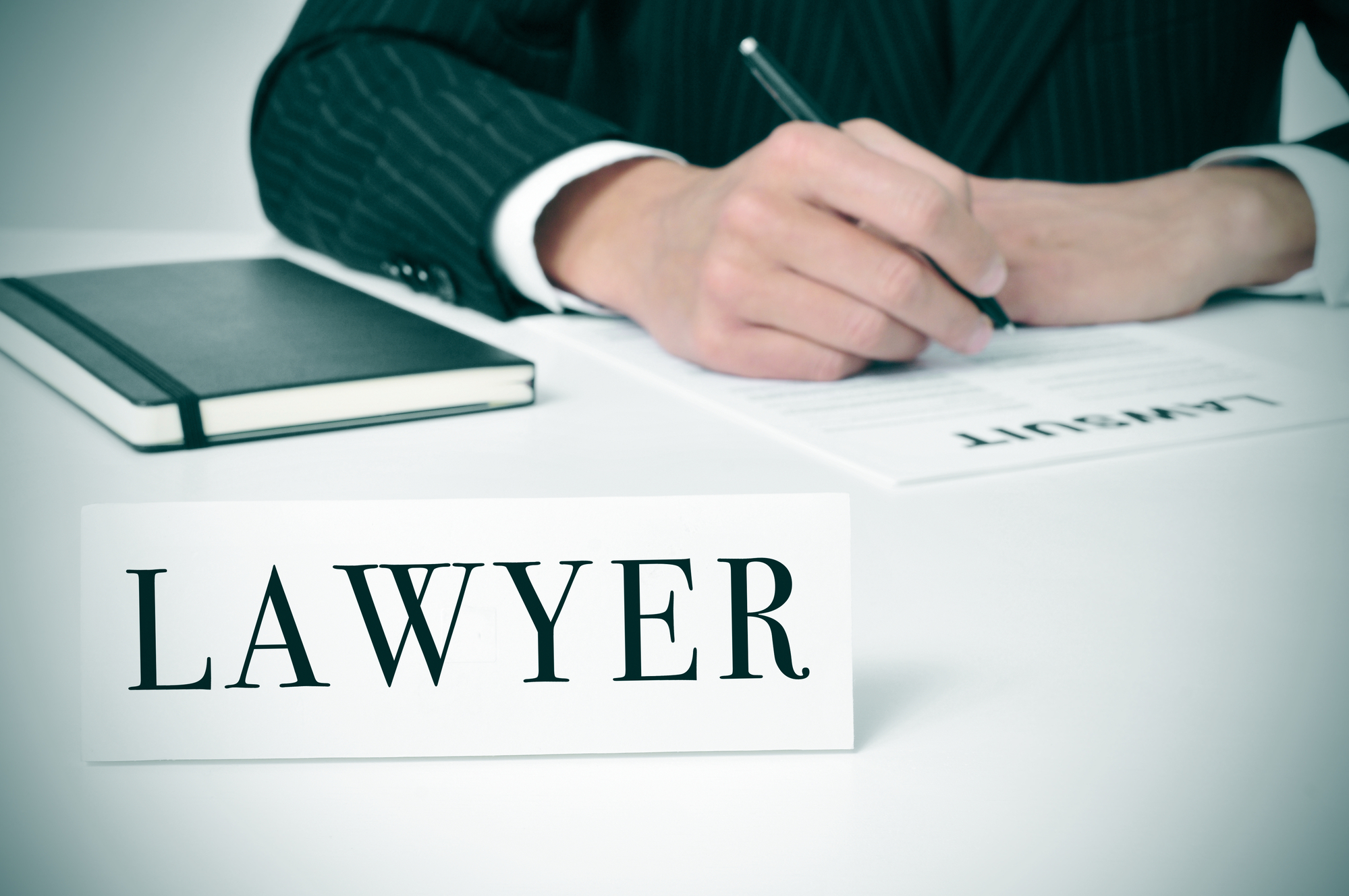Now Reading: Questions To Ask Your Lawyer During The Vetting Process
-
01
Questions To Ask Your Lawyer During The Vetting Process

Questions To Ask Your Lawyer During The Vetting Process
When searching for a lawyer to represent you in legal matters, it is crucial to find someone who is not only competent and experienced but also someone with whom you can establish a strong working relationship.
The vetting process allows you to assess the suitability of a lawyer before making a final decision. One essential aspect of this process is asking pertinent questions to help you understand the lawyer’s background, expertise, and approach to handling cases.
In this article, we will provide you with a list of questions to ask your lawyer during the vetting process, ensuring you gather the necessary information to make an informed choice.
Remember, the questions you ask will depend on your specific legal needs, but the following suggestions should give you a solid foundation to start from.
Below are the questions you must ask during the vetting process.
What Is Your Area Of Expertise?
Asking a lawyer about their area of expertise matters for several reasons. Firstly, law is a vast and complex field with various specialized areas.
Each law area has its unique set of rules, procedures, and nuances. By inquiring about a lawyer’s expertise, you can determine if their knowledge aligns with your specific legal needs.
A lawyer specializing in a particular area of law has likely dedicated significant time and effort to developing a deep understanding of that field. They are more likely to stay updated with recent developments, precedents, and changes in legislation related to their area of expertise.
Furthermore, a lawyer with expertise in a specific area is likely to have experience handling cases similar to yours. This experience can be invaluable in navigating your legal matters efficiently and achieving favorable outcomes.
They understand the common issues and challenges in their area of expertise and can leverage their past successes and lessons learned to their advantage.
Choosing a lawyer with expertise in your particular legal issue also contributes to their credibility and reputation within the legal community.
Lawyers who focus on a specific area often establish relationships and connections with judges, opposing counsel, and other professionals relevant to that field.
This familiarity can enhance their ability to negotiate effectively, present arguments persuasively, and navigate the intricacies of the legal system.
How Long Have You Been Practicing Law?
The years a lawyer has been practicing law is often a good indicator of their experience. Experience brings a deeper understanding of legal principles, procedures, and strategies.
Lawyers who have been practicing for a significant period have likely encountered a wide range of cases and legal issues, which can contribute to their ability to handle complex matters effectively.
Over time, lawyers accumulate knowledge and expertise in their practice areas. They become familiar with legal precedents, court rules, and local practices.
By inquiring about their years of practice, you can gauge their level of knowledge and whether they have specialized experience in the specific area of law relevant to your case.
The legal system can be complex, with its own set of rules and procedures. Lawyers with more years of practice have likely developed a solid understanding of the legal system in which they operate.
They are familiar with court processes, administrative requirements, and other practical aspects of handling legal matters. This familiarity can translate into a more efficient and effective representation of your case.
Lawyers practicing for a long time often establish networks and relationships within the legal community. This can be beneficial in accessing resources, collaborating with other professionals, or seeking advice from colleagues.
Additionally, established relationships can contribute to smoother negotiations and interactions with opposing counsel, judges, and court personnel.
How Do You Communicate With Your Clients?
Asking a lawyer how they communicate with their clients is crucial for establishing effective and transparent communication throughout your legal journey. Every client has unique communication preferences. By asking this question, you can understand how lawyers typically communicate with their clients and ensure it aligns with your expectations.
Some lawyers prefer phone calls, while others rely more on email, in-person meetings, or video conferences. Knowing their preferred communication methods can help you determine if they are compatible with your preferred mode of communication.
Prompt and accessible communication is essential when working with a lawyer. Inquire about their average response time to client inquiries or concerns.
Understanding their availability and commitment to timely communication can give you confidence that they will be responsive and keep you informed throughout the legal process.
Clarify how often the lawyer typically provides updates on case developments. Regular updates can help you stay informed about the progress of your matter, any new information or challenges, and the overall strategy being pursued.
Knowing the frequency of updates can set clear expectations and ensure you are well-informed throughout your case.
Inquire about their availability outside regular business hours, especially if you anticipate needing legal advice or assistance in time-sensitive matters.
In some cases, lawyers may delegate tasks or communication to their support staff, such as paralegals or legal assistants. It can be helpful to know if and when you may interact with other team members and their roles in the communication process.
What Are The Potential Outcomes And Challenges Of My Case?
Understanding the potential outcomes of your case allows you to make informed decisions about how to proceed.
By discussing the potential outcomes, your personal injury lawyer can provide insights into the possibilities, the likelihood of success, and any potential risks or disadvantages associated with each outcome.
This knowledge empowers you to make decisions that align with your goals and risk tolerance.
Knowing the potential challenges helps your lawyer develop a strategic approach to your case. By discussing the challenges, your lawyer can identify potential hurdles, legal complexities, or weaknesses that may arise during the process.
Realistic expectations are crucial in the legal process. By discussing the potential outcomes and challenges, your lawyer can help manage your expectations about the timeline, costs, and overall likelihood of success.
Knowing the potential outcomes and challenges allows you to evaluate your options. Understanding the risks and rewards associated with different courses of action empowers you to make informed decisions about settlement offers, negotiation strategies, or the pursuit of litigation.
Remember that no lawyer can predict the exact outcome of a case. However, an experienced lawyer can provide insights into the potential outcomes based on their knowledge of the law, the specific circumstances of your case, and their past experiences.
How Do You Charge For Your Services?
Different lawyers may have different billing structures, such as hourly rates, flat fees, or contingency fees (typically used in personal injury or certain types of litigation).
By asking this question, you can gain clarity on how the lawyer calculates their fees and ensure that you are comfortable with the chosen billing structure.
Knowing how a lawyer charges helps you plan and manage your legal expenses effectively. You can estimate the potential costs associated with your case and evaluate whether they align with your budget.
Additionally, discussing billing methods and fee structures allows you to understand if there are any additional expenses or costs beyond the lawyer’s fees, such as court filing fees, expert witness fees, or travel expenses.
Inquiring about how a lawyer charges for their services opens the door for fee negotiation or establishing a fee agreement. Depending on the type and complexity of your case, there may be room for discussion on fee arrangements.
This discussion can include factors such as the complexity of the legal matter, the lawyer’s experience and expertise, and the estimated time and resources required for your case.
It’s important to have a comprehensive discussion about fees and billing arrangements with your lawyer before engaging. This ensures that both parties have a clear understanding of the financial aspects of the representation and helps establish a solid foundation for a transparent and mutually beneficial attorney-client relationship.
What Is Your Assessment Of The Potential Timeline For My Case?
You are hiring a lawyer to close the case as soon as possible with the best results possible. You wouldn’t want the case to go on for years. When choosing a lawyer for your case, ask them about the timeline.
Understanding the potential timeline allows you to plan and prepare accordingly. It helps you manage your expectations regarding the duration of your case, including the time and resources you may need to invest.
With an estimated timeline, you can make arrangements for work, personal commitments, or other legal matters that may be affected by the duration of your case.
The timeline of your case can influence the strategic approach your lawyer takes. It allows them to allocate resources effectively, such as gathering evidence, conducting research, or engaging expert witnesses.
Furthermore, the estimated timeline helps your lawyer plan and implement a strategy that maximizes the chances of a favorable outcome within the expected timeframe.
However, it’s important to note that the timeline provided by your lawyer is an estimate based on their experience and knowledge of similar cases.
Legal proceedings can be unpredictable, and unforeseen circumstances could affect the timeline.
Finding The Right Lawyer!
Finding the right lawyer, like California personal injury lawyers, for your legal needs is crucial in ensuring effective representation and achieving the best possible outcome. It requires careful consideration and thorough evaluation.
You can gather essential information to make an informed decision by asking pertinent questions during the vetting process.
Questions such as the lawyer’s area of expertise help determine whether they possess the specialized knowledge and experience required to handle your specific legal matter.
Inquiring about their years of practice provides insights into their experience level, track record, and familiarity with the legal system.
Remember, finding the right lawyer is not solely based on the answers to these questions. Take the time to research, consult with multiple lawyers if needed, and trust your instincts.
With careful consideration and thorough evaluation, you can find a lawyer with the expertise, experience, and qualities necessary to navigate your legal matter effectively and provide you with the representation you deserve.










